
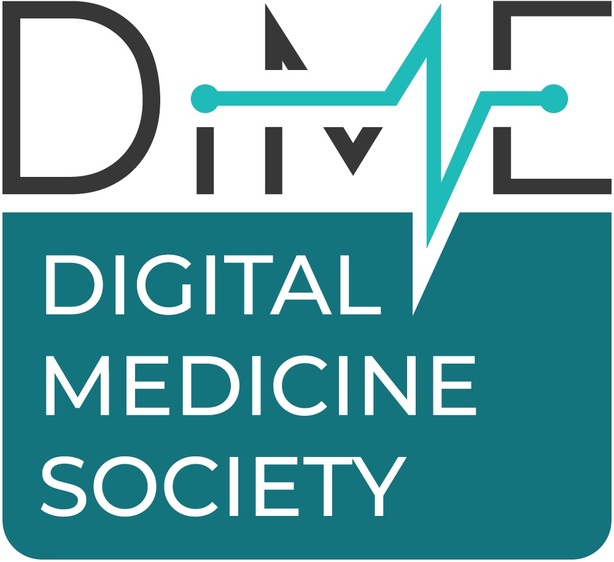
Up until now, the lack of interoperable health-at-home devices has inhibited health technology integration into the home for use in wellness, prevention, managing chronic conditions, and clinical trials.

Up until now, the lack of interoperable health-at-home devices has inhibited health technology integration into the home for use in wellness, prevention, managing chronic conditions, and clinical trials.

The integration of technology and connectivity into healthcare is not only improving patient outcomes but also reshaping the way care is delivered.

Could MedTech find itself as the collateral damage if an RFK Jr. run HHS “goes wild” with FDA regulation of pharma and processed foods?

Health equity can provide equal opportunity for patients to achieve the best care possible. Medtech leaders from Boston Scientific, Sequel Med Tech, and ZEISS Medical Technology share how healthcare delivery, data transparency, and industry collaboration can provide more value to patients.
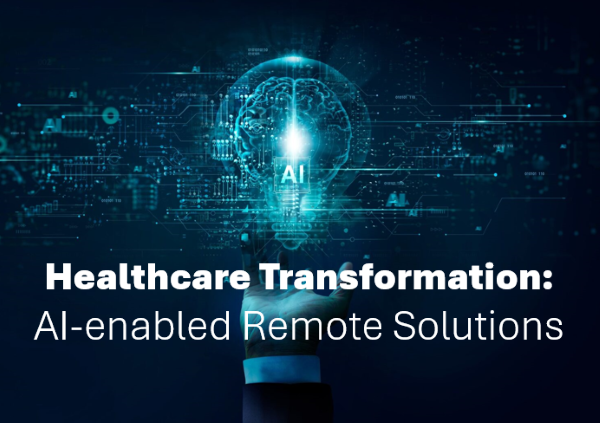
AI and real-time data enhance care efficiency and access. And with healthcare workers in short supply, the rapid advancements in AI, IoMT, and related innovation offer patient access freedom, enhanced care delivery, and better outcomes.
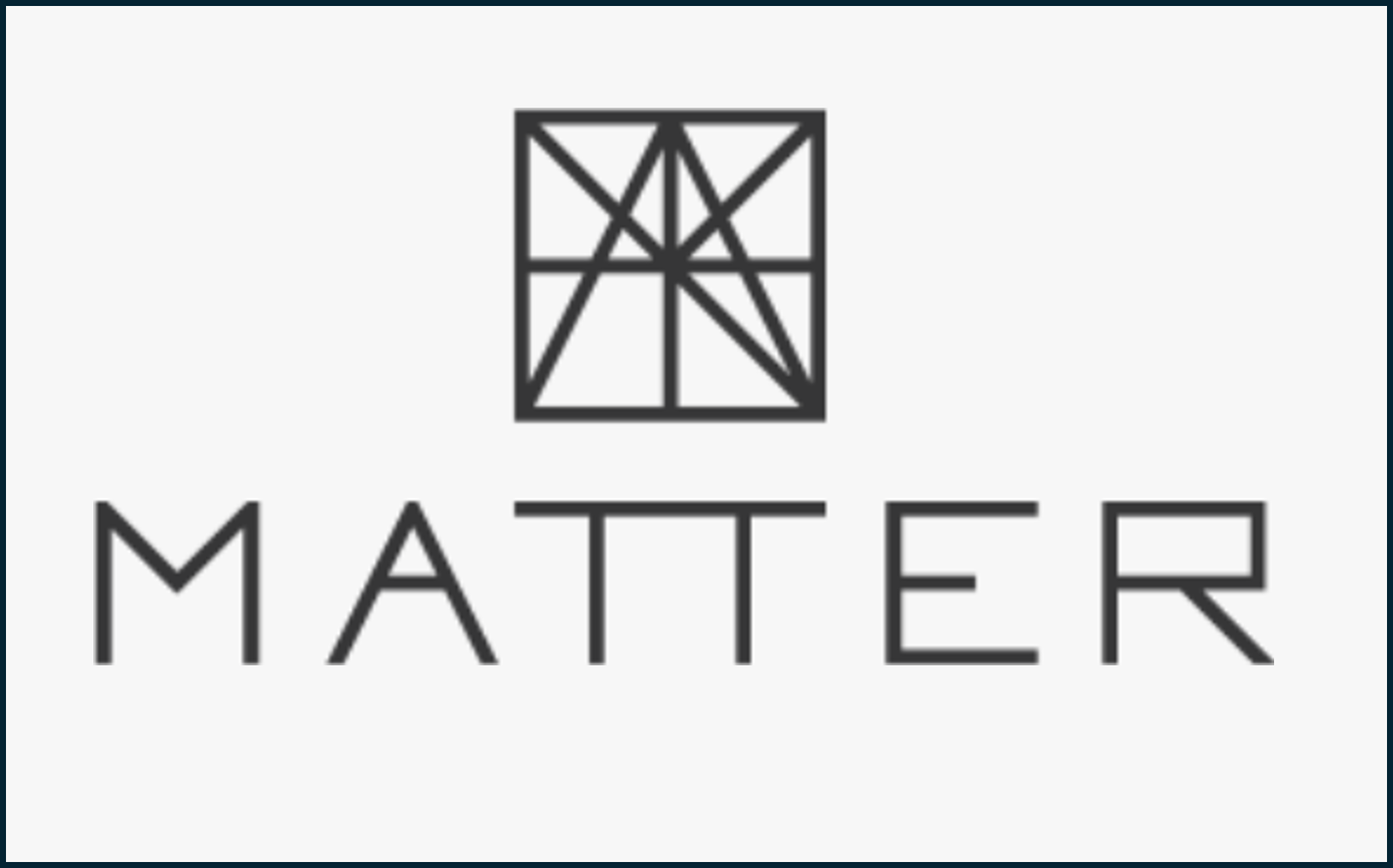
Matter and HERIF announced the winner of the Inaugural Future HealthTech Leaders Innovation Challenge. Monarch Health, a digital behavioral health treatment program for children and adolescents with medical conditions and health concerns, wins in eight-week accelerator pitch competition.
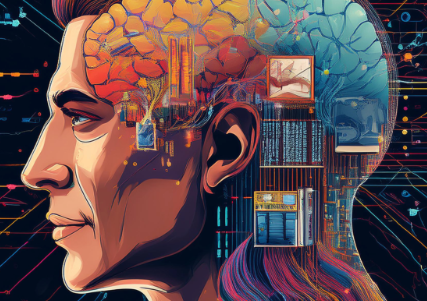
The value-based care model, with a substantial monetary budget, necessitates on-time and correct risk stratification. As a result, new and incumbent care providers and payers are reinventing healthcare delivery, looking towards cutting-edge GenAI and machine learning technology to radically transform the healthcare delivery paradigm. This article explores how GenAI and machine learning-based risk stratification are revolutionizing a new era of personalized care, resulting in improved healthcare functions for payers and providers.
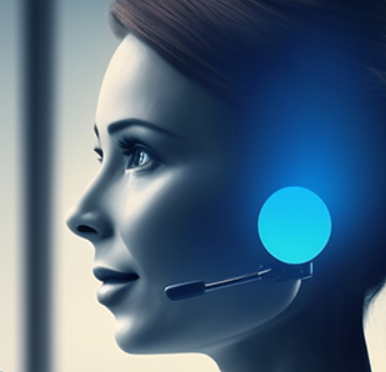
This blog explores the transformative potential of AI assistants in healthcare management and delves into the benefits for providers, medical assistants, and obviously, patients.
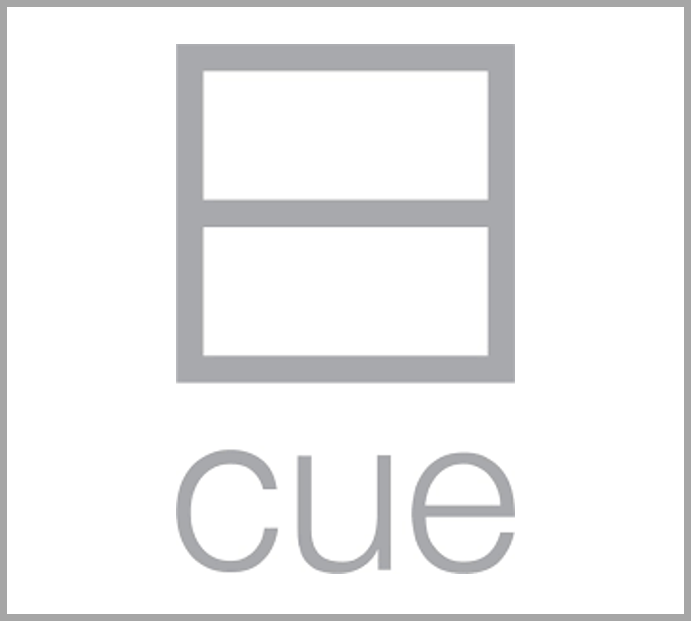
San Diego-based medical tech company, Cue Health, announced Monday that it is laying off its entire staff. Similar industry reports indicate a complete shuttering of operations.

“These devices present a number of psychological risks including depression, anxiety, worsening of underlying symptoms, development of post-traumatic stress disorder, and physical risks such as pain, burns, and tissue damage.”